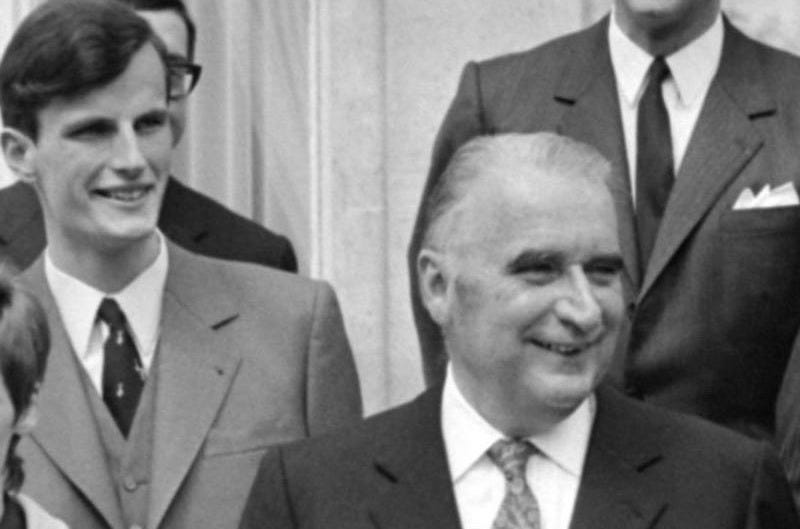Why France's Assembly Just Sacked the Government for the First Time Since 1962
The motion to censor proposed by left-wing coalition Front Populaire was voted through with help from the far-right. How did we end up here?

The last time the French Assembly deposed its government through a vote of no-confidence, John F. Kennedy was still alive, man had not yet landed on the moon and a World War II hero named Charles De Gaulle was president of France.
Last night, for the first time since October 5, 1962, the French Assembly voted in favor of a “censorship motion,” or vote of no-confidence. Concretely, this means that President Emmanuel Macron will need to name a new Prime Minister, while maintaining a reduced government.
The no-confidence vote was proposed by a coalition of left-wing parties that last summer came together under the banner of the New Popular Front (NFP), and supported by the far-right National Rally (RN), which took issue with now-former Prime Minister Michel Barnier’s decision to use emergency powers to pass a social security budget.
In the past five decades, various French Assemblies have proposed no-confidence votes, yet none have passed. What made this time different?
Last night’s vote showed the continued crumbling of the French political center — part of a global wave of eroded trust in the functioning of democratic systems. The vote pulled together an unlikely coalition of left and far-right political groups who came together not in their common agreement on a path forward for France, but in their shared hatred for the current president and his government, who have regularly invoked emergency powers to pass unpopular laws and who last summer dissolved the Assembly in snap elections.
While on the surface, the vote — proposed by the left — might seem like a victory for the NFP, it in reality shows the National Rally’s chokehold on French politics. Several months ago, when Macron named Barnier as PM, RN leader Marine Le Pen said that the far-right could topple the government at the tip of its hat. With 89 Assembly seats, the RN played the role of kingmaker. It used this role to push Barnier’s government to the right, particularly on questions of immigration and security. Interior Minister Bruno Rétailleau, who is now being considered by Macron as a possible Prime Minister candidate, adopted a particularly far-right stance: proposing to cut medical aid for undocumented immigrants, increase deportations and pass a more restrictive immigration bill in 2025.
Those projects are now on hold. But it’s hard to imagine a more progressive Prime Minister emerging from the fray. Despite the left’s continued (and justified) insistence on the nomination of labor leader Lucie Castets, who they proposed for the PM position last summer, mainstream media in France are already suggesting that Macron is auditioning a list of exclusively conservative, reactionary white men, including Rétailleau and former interior minister Gerald Darmanin.
“The old world wants to succeed the old world,” historian Fabrice Riceputi wrote on X.





Thanks for this concise overview of what's going on in France's capital. It seems to me like the same old tune: the powerful testing the limits of their power; the people being largely unaware of how it affects them; and the political machine continuing to churn in a way that is confusing enough to the average person that it assures the status-quo shall never change
Désolé de faire le pédant mais suis traducteur et le terme « motion de censure » se traduit comme « motion to censure » ou tout simplement « censure motion » en anglais. Le mot « censor » est un faux ami. Bon courage pour le reste !